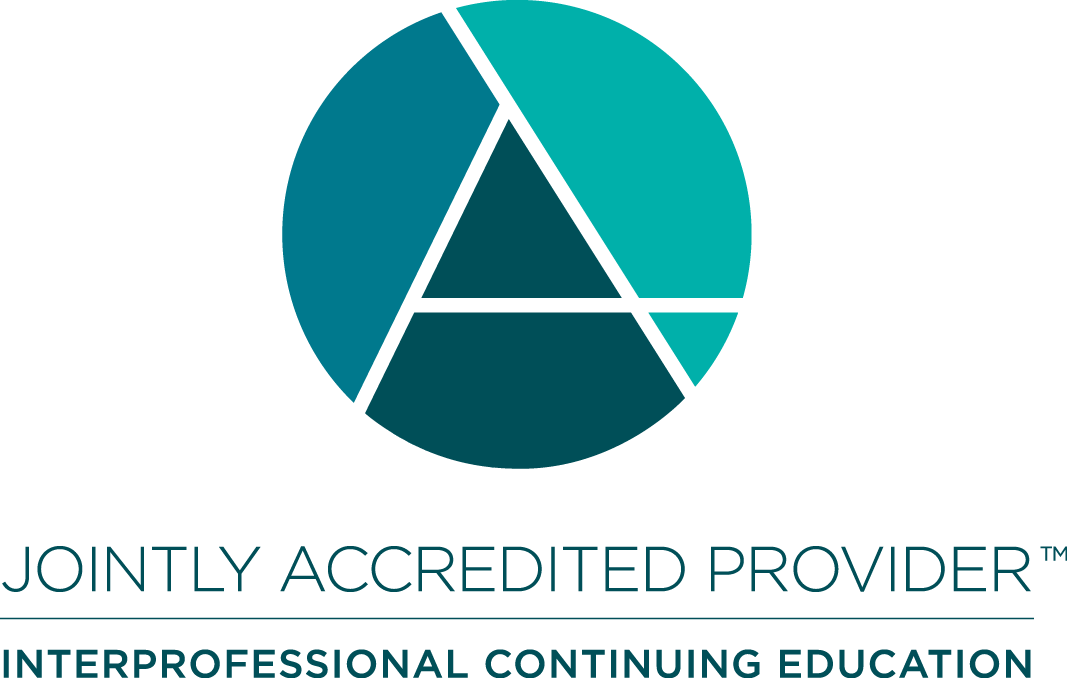Finding a Reason to Live: The Etiology of Suicide, Prevention and Evidence Based Interventions
Suicide rates in the United States continue to increase, and many clinicians do not receive specialized training in assessment or intervention. Patients with HIV and their families often experience higher rates of suicidal ideation and completed suicide attempts. This interactive course will discuss the common etiology of suicidal behavior, as well as risk assessment, intervention, safety planning and prevention. This course also provides a review of the importance of self care in relation to compassion fatigue.
Intended Audience
This activity is designed for physicians, nurses, advanced practice nurses, physician assistants, psychologists, and social workers working with HIV patients in their practice.
Learning Objectives
Part 1:
- Identify the status and trends of suicide on state and national levels.
- Identify populations at higher risk for suicidality including individuals with HIV.
- Describe the Interpersonal Theory Q of Suicide as one way of defining the Etiology of Suicidality.
- Summarize evidence-based approaches to suicide assessment and understanding of what makes someone suicidal.
Part 2:
- Explain the role and value of safety planning in an overall suicide prevention quality improvement initiative.
- Examine the science and evidence associated with safety planning.
- Illustrate how to create a safety plan with a client, including examples of types of elements that can be included in a plan.
- List concepts of compassion fatigue and self-compassion and how this relates to their own self care.
Wednesday, May 12
TIME | TOPIC |
0900-0910 | Introduction and Orientation to the day!
|
0910-0940 | Defining the problem – current statistics of suicide on a state and national level Zero Suicide Initiative |
0940-1005 | Exploration of the stigma of suicide |
1005-1040 | The Etiology of Suicide – Introducing the Interpersonal Theory of Suicide |
1040-1045 | Break |
1045-1050 | Q&A |
1050-1135 | Identification of Suicidality – evidenced based screening and assessment tools *Responding to someone who is suicidal |
1135-1150 | Importance of HOW people die by suicide vs Why (means restriction) |
1150-1200 | Q&A |
Wednesday, May 19
TIME |
TOPIC |
0900-0910 | Check in and Q & A |
0910-0950 | Provider Self Care
|
0950-1010 | Self-Compassion’s ability to defend against Compassion Fatigue |
1010-1015 | Break |
1020-1030 | Collaborative Safety Planning vs No Suicide Contracts |
1030-1115 | Collaborative Safety planning as both prevention and intervention when working with individuals in crisis. |
1115-1130 | Collaborative Safety Planning Practice |
1130- 1145 | Review and Connections: Finding a Reason to Live |
1145-1200 | Questions and Evaluations |
It is the policy of the University of Wisconsin–Madison Interprofessional Continuing Education Partnership (ICEP) to identify, mitigate and disclose all relevant financial relationships with ineligible companies* held by the speakers/presenters, authors, planners, and other persons who may influence content of this accredited continuing education (CE). In addition, speakers, presenters and authors must disclose any planned discussion of unlabeled/unapproved uses of drugs or devices during their presentation.
For this accredited continuing education activity all relevant financial relationships have been mitigated and detailed disclosures are listed below.
*Ineligible companies are those whose primary business is producing, marketing, selling, re-selling, or distributing healthcare products used by or on, patients.
The ACCME does not consider providers of clinical services directly to patients to be commercial interests.
 | In support of improving patient care, this activity has been planned and implemented by the University of Wisconsin–Madison ICEP and the Midwest AIDS Training + Education Center (MATEC). The University of Wisconsin–Madison ICEP is jointly accredited by the Accreditation Council for Continuing Medical Education (ACCME), the Accreditation Council for Pharmacy Education (ACPE), and the American Nurses Credentialing Center (ANCC), to provide continuing education for the healthcare team. |
American Medical Association (AMA) The University of Wisconsin–Madison ICEP designates this live online activity for a maximum of 5.50 AMA PRA Category 1 Credit(s)™. Physicians should claim only the credit commensurate with the extent of their participation in the activity. American Nurses Credentialing Center (ANCC) The University of Wisconsin–Madison ICEP designates this live online activity for a maximum of 5.50 ANCC contact hours. Iowa Board of Nursing accepts ANCC contact hours for nursing continuing education requirements. ASWB Approved Continuing Education - Social Work Credit (ACE) As a Jointly Accredited Organization, the University of Wisconsin–Madison ICEP is approved to offer social work continuing education by the Association of Social Work Boards (ASWB) Approved Continuing Education (ACE) program. Organizations, not individual courses, are approved under this program. State and provincial regulatory boards have the final authority to determine whether an individual course may be accepted for continuing education credit. University of Wisconsin–Madison ICEP maintains responsibility for this course. Social workers completing this course receive 5.50 live continuing education credits. Continuing Education Units (CEUs) The University of Wisconsin–Madison ICEP, as a member of the University Professional & Continuing Education Association (UPCEA), authorizes this program for 0.55 CEUs or 5.50 hours. | |
Available Credit
- 5.50 AMA PRA Category 1 Credit™
- 5.50 ANCC Contact Hours
- 5.50 University of Wisconsin–Madison Continuing Education Hours
- 5.50 Approved for AMA PRA Category 1 Credit™

 Facebook
Facebook X
X LinkedIn
LinkedIn Forward
Forward